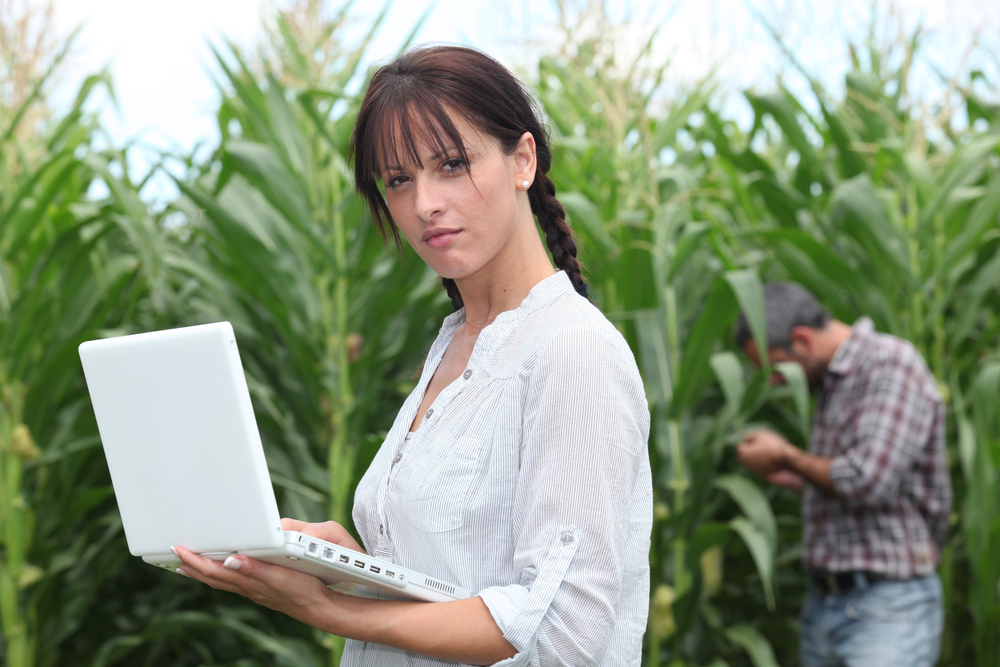- The food industry includes farmers who cultivate crops, the supermarkets that sell them, and several entities between them who turn the agricultural produce to what can be stocked on shelves.
- Farming, which forms a vital part of the food industry, is relying on advanced methods for a number of reasons. These advanced methods involve technology, which automatically loops in cybersecurity.
Agriculture and technology
Technology in agriculture may be unheard of a few decades back, but now it is slowly growing to be a necessity.
- The increasing food demand combined with reducing land for agriculture increases the pressure on farmers to use technology in agriculture for increased efficiency.
- Precision agriculture is a farming concept that uses connected technology. The tools used rely on machine learning, analytics, communication systems, global positioning systems, and more.
The cyberthreats
With connected technology in the picture, the risk of cyberthreats automatically presents itself.
- Denial-of-service attacks and data theft can bring down the agriculture industry’s productivity by a significant amount.
- The limited bandwidth in rural areas, where most of the farming is done, may present a number of problems, especially in the incident of a cyberattack.
- The industry supply chain brings food from farms to our tables and if any industry in the link is hit by a cyberattack, the impact may extend to other components of the chain as well.
- There is also the risk of cyber threats contaminating food, causing an outbreak of diseases or resulting in environmental damages.
The takeaway
With hackers infiltrating into the network of advanced organizations, breaching a farmer’s IoT device is no big feat. Manufacturers of farming IoT devices must keep this in mind.
Although cybersecurity in the food industry hasn’t been discussed much, the risks are not non-existent.

Publisher









/https://cystory-images.s3.amazonaws.com/shutterstock_716818132.jpg)
/https://cystory-images.s3.amazonaws.com/shutterstock_319832051.jpg)
